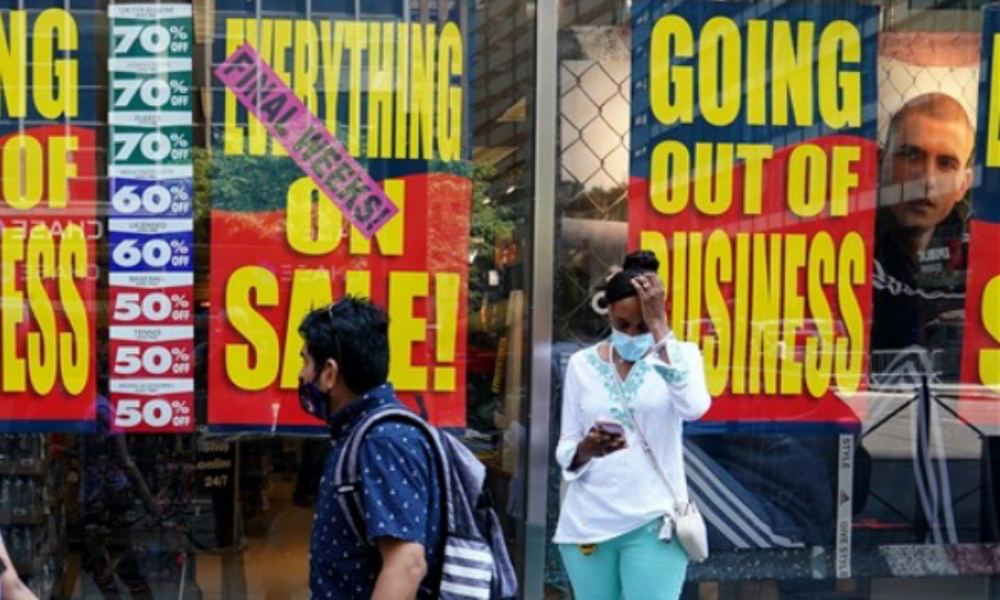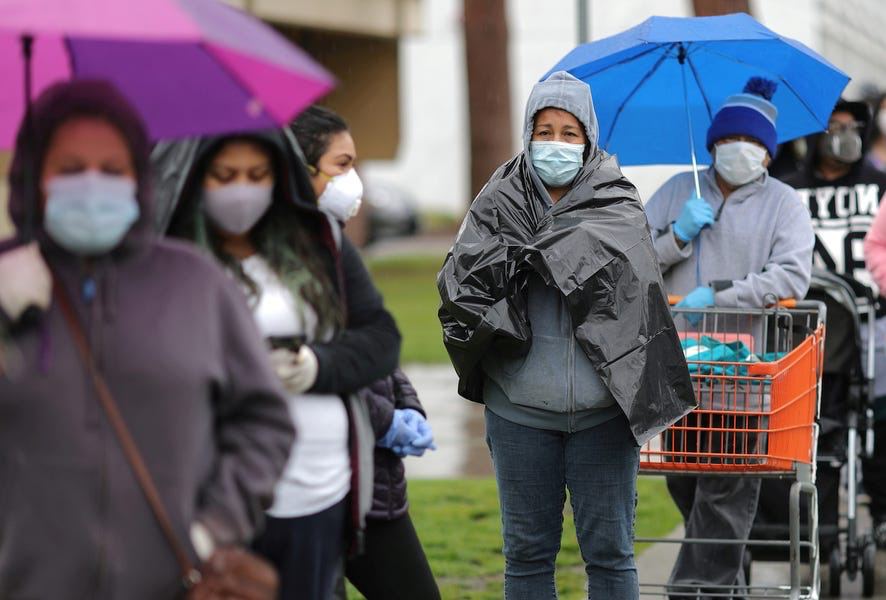2020 was the year that people all over will never forget. Lockdowns, fear, and paranoia being the main reasons for this. They impacted millions, if not billions, hitting businesses and the economy the hardest. Causing many to become depressed, followed by an increase in suicides, substance abuse and a plethora of other issues.
One study concluded that in the USA, small businesses lost at least 20% of total revenue. The tourism and hospitality industry has taken the biggest blow. It was down 47% of the revenue from January to August 2020. The revenue hit a record low between March and May, but newer data might paint an even darker picture.
The downfall of the economy, along with nationwide social distancing and isolation, lack of social support, and death of friends and family, have led the depression rate to rise to a record high level.

Studies show, 41.1% of American adults have concerns about anxiety and/or are suffering from a mental disorder as of January 2021. The rate was only 11% in Jan-Jun, 2019, according to Kaiser Family Foundation, a California-based non-profit organization. The KFF also reported a 12% rise in liquor consumption, a 32% rise in sleep deprivation, and a 36% rise in eating disorders.
The above findings also align with the study’s findings conducted by JAMA Network Open in April 2020. The study found around 53% of US citizens suffered from some sort of depression between March and April 2020.
The rate is even worse among the low and middle-income groups of the country. People with less than $5000 savings are 50% more likely to suffer from depression.

Both the report states that economic hardship resulting from an extended period of lockdown and revenue losses have caused depression to rise that high. Many people face up to four dimensions of economic strains, such as homelessness, debt, lower-income, and unemployment. State and central government are trying their best to support the vulnerable part of society, but the widespread downfall of the economy has made efforts impossibly difficult.
At the moment, what we can do best is to fight depression personally and socially. The National Suicide Prevention Lifeline (1-800-273-8255) is available 24/7 to provide any sort of mental, emotional, and confidential support.
Experts have also come forward to help fight depression. Below are some science-backed tips, from Dr. Fava of Massachusetts General Hospital, on fighting depression.
- Exercise- A 30-40 minute exercise per day and 3 to 4 times a week can reduce depression significantly. Exercising is a proven way to reduce stress hormones, like dopamine, and replace them with happiness hormones, like oxytocin and endorphins.
- Sleep and Diet- Sleeping for 7 to 8 hours a day and being consistent with that can boost your mood significantly. Our eating habits also impact our minds as a correlation is found between sugary/high-fat foods and depression. Try eating green, natural, and home-cooked foods as much as possible.
- Meditation- Being mindful is one of the best ways to keep depression at bay. Meditating for at least 10 minutes a day can relax your mind and thoughts. Meditating will allow you to think clearly to solve current problems and plan toward long-term goals.
- Talk- Fava says, “Talking with friends and family who is suffering is the best thing one can do at this moment.” It’s ok to not feel ok all the time. Consider reaching out to one of your close friends and talk. Perhaps he/she is also facing the same problems or even worse. Helping others make us feel good and fight depression.
If you feel you are alone, remember, we are all in this hardship. We’ve all been through troubled times before; we will get through this one too.
Thanks to the team at virtualassistantthailand.com for their help in compiling the statistics for this article.

